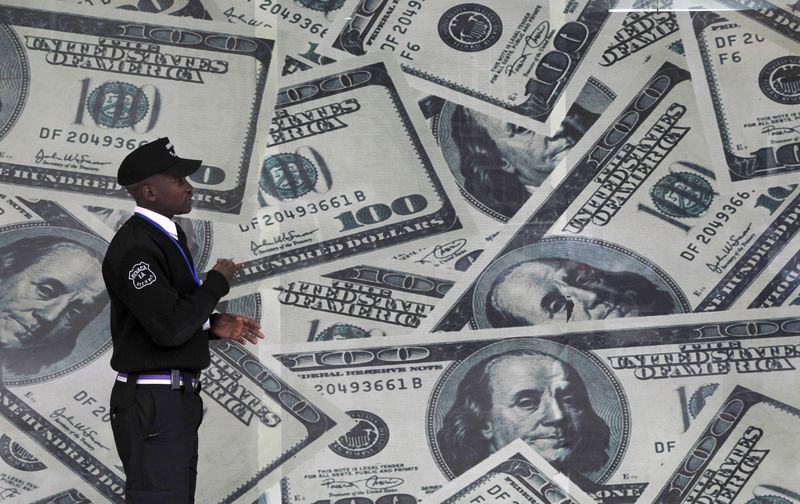Bitcoin price today: surges to $122k, near record high on US regulatory cheer
(Bloomberg) -- Inflation in Canada accelerated to the fastest pace since 2003, a political headache for Prime Minister Justin Trudeau only five days before an election.
The consumer price index rose 4.1% in August from a year earlier, Statistics Canada reported Wednesday in Ottawa, marking the fifth straight month of inflation readings above the Bank of Canada’s 3% cap. That’s the highest since March 2003, when it touched 4.2%. Economists were predicting a yearly gain of 3.9%.
While policy makers are likely to view price pressures as transitory, the report comes at an inopportune time for Trudeau in the final days of a tight election battle. Affordability is a key campaign issue and the main opposition Conservatives have been accusing the incumbent Liberal government of stoking inflation with debt-financed spending plans.
Still, Bank of Canada Governor Tiff Macklem, whose latest forecasts show inflation creeping up to 3.9% in the third quarter, has warned against overreacting to the “temporary” spike that is being driven by global supply chain disruptions and pent-up demand for services as the economy reopens. There’s also a weak comparison to last year when price pressures were subdued during the pandemic.
The increase last month was driven by a sharp increase in the cost of airplane tickets and other traveling-related expenses. From a year ago, gasoline prices and housing costs remain key drivers. Gasoline prices rose 32.5% from year ago.
On a monthly basis, prices rose 0.2% versus economist estimates for a 0.1% gain.
The average of core measures of inflation, often seen as a better gauge of underlying price pressures, rose to an annual 2.57% pace in August, the highest since 2009.
